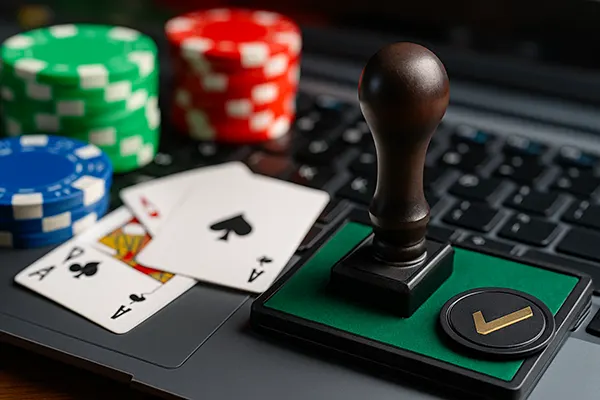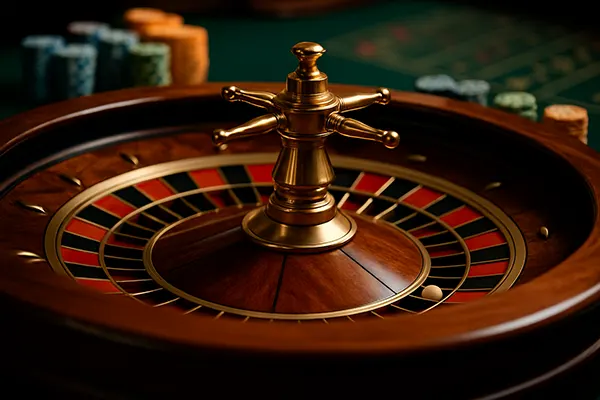
Fairness in Online Roulette: How to Check That the Random Number Generator Is Not Rigged
Roulette is one of the most iconic games of chance. However, when the wheel spins in a digital environment, many players question whether they can truly rely on fairness. At the heart of this trust lies the Random Number Generator (RNG), the mechanism that determines the results of each spin. But how can players be sure that the outcomes aren’t manipulated? Below, we explore key principles, practical tools and expert advice to help you verify the integrity of the RNG in online roulette.
What Is an RNG and Why It Matters
A Random Number Generator (RNG) is the core component that determines the outcome of a roulette spin. Unlike physical wheels, online games rely entirely on these algorithms to simulate randomness. True RNGs ensure unpredictability, which is essential for fair play. This is not just a technical feature — it’s a legal and ethical requirement.
There are two types of RNGs: pseudo-random and true random. The former uses complex algorithms and seeds (starting values), while the latter is based on physical phenomena like atmospheric noise. Most licensed roulette software uses certified pseudo-random generators due to their efficiency and consistency.
The accuracy and impartiality of the RNG define whether the roulette game is genuinely fair. This is why independent testing bodies and licensing authorities demand thorough verification before the game is made available to players.
Certification and Testing by Independent Bodies
Trusted game developers submit their RNG algorithms for rigorous third-party testing. Agencies like eCOGRA, iTech Labs, GLI (Gaming Laboratories International), and BMM Testlabs conduct audits and simulations to evaluate whether the RNG truly produces unpredictable outcomes. Only after successful certification can a game be distributed under a recognised licence.
The certification process includes stress testing, statistical analysis of millions of outcomes, and checking for repeatable or predictable patterns. If a game fails any part of this testing, it’s either improved or removed from the offering.
Always check for visible seals or certificates from these auditing firms on the official website of the roulette game or the operator. Their presence is a strong indicator that the RNG meets industry fairness standards.
How to Verify RNG Integrity Yourself
Players have a few tools and practices at their disposal to assess whether the RNG behind a roulette game is functioning fairly. While you can’t inspect the source code directly, there are indirect ways to build confidence in the system.
First, examine the licence status of the operator offering the roulette game. Trusted jurisdictions — such as the UK Gambling Commission, Malta Gaming Authority, or Isle of Man — require regular audits and strict compliance with RNG integrity standards.
Next, monitor game patterns over time. Although short streaks can occur in any random system, long-term analysis should show statistically fair distributions. Tools for tracking game history and result logs are useful for spotting irregularities or anomalies.
Using Blockchain-Based and Provably Fair Systems
Some modern operators offer “provably fair” systems, particularly in crypto-based roulette. These use blockchain technology to provide a transparent verification system, where players can independently confirm the randomness of outcomes.
With provably fair mechanisms, the server seed and client seed are hashed and shown before the spin, allowing users to verify that results weren’t tampered with afterwards. This adds a layer of trust, especially for tech-savvy players.
Although not yet standard across the industry, provably fair models represent a promising direction for transparent roulette gaming. If you see this option available, it’s worth learning how to use it for your peace of mind.

Red Flags and How to Stay Safe
Even with all these precautions, some unregulated services may attempt to manipulate outcomes. Recognising red flags can help players avoid unfair systems and protect their funds.
Be cautious if the roulette game lacks licensing details or doesn’t mention any independent testing. Another warning sign is a game provider with no digital footprint or no mention in trusted gaming communities or review sites.
Unusual patterns in results — such as an abnormal frequency of specific numbers, or wins always favouring the house — may also suggest tampering. While randomness can create streaks, extreme deviations over time should be approached with scepticism.
Choosing Trustworthy Game Developers and Operators
Stick to well-established developers like Evolution, Pragmatic Play, Playtech, and Microgaming. These companies invest in compliance and maintain a solid track record of fair games. Reputable operators will also prioritise responsible gaming and player protection.
Look for operators that publicly display their RNG audit reports or provide downloadable documentation on testing. Transparency signals confidence in the system and respect for the player.
Lastly, check user reviews and independent forums for feedback on the fairness of specific roulette games. Experienced players often share long-term observations, which can help you make informed decisions.





